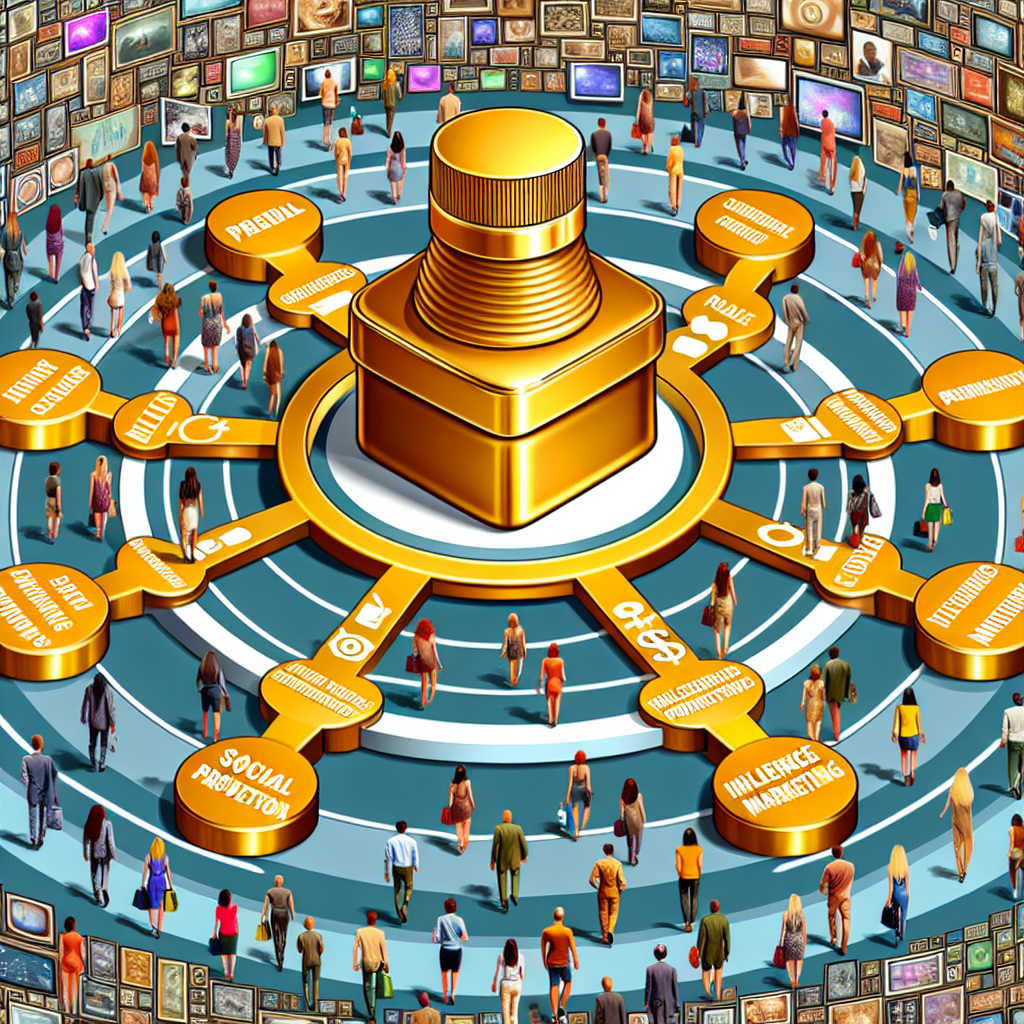Connecting Apache Kafka to Azure Event Hubs
Welcome to "Continuous Improvement," the podcast where we explore strategies, tips, and tricks to enhance your productivity and solve technical challenges. I'm your host, Victor, and in today's episode, we'll be discussing how to integrate Azure Event Hubs with Apache Kafka.
But before we dive in, I want to give a shoutout to our sponsor, Acme Software Solutions. Acme is a leading provider of enterprise integration tools and services, helping businesses streamline their workflows and maximize efficiency. Check them out at acmesoftware.com for all your integration needs.
Now, let's get started. Recently, I had the chance to work on an integration project involving Azure Event Hubs and Kafka. A colleague of mine faced some hurdles while trying to export messages from an existing Kafka topic and import them into Event Hubs. To help others who might encounter similar issues, I thought it would be valuable to share the steps I took to overcome these challenges.
So, let's jump into the step-by-step process.
Step 1: Download and Extract Apache Kafka. Apache Kafka is an open-source, distributed event streaming platform that enables the construction of distributed systems with high throughput. You can download the latest version of Apache Kafka from their website.
Step 2: Start the Kafka Environment. Ensure that you have Java 8 or higher installed in your local environment. To start all the Kafka services, execute the provided shell commands.
Step 3: Create and Set Up Configuration Files. Create a new configuration file with the necessary properties and replace the placeholder values with the details from your Azure endpoint. Don't forget to retrieve the required password from the Event Hub namespace settings.
Step 4: Create Three Kafka Topics. Use the provided "kafka-topics" commands to manually create the required topics.
Step 5: Run Kafka Connect. Kafka Connect is a powerful tool to stream data between Apache Kafka and Azure Event Hubs. Start the Kafka Connect worker in distributed mode.
Step 6: Create Input and Output Files. Set up the input and output files that will be used for testing purposes. These files will be read by the FileStreamSource and written to by the FileStreamSink connector.
Step 7: Create FileStreamSource Connector. Launch the FileStreamSource connector using the provided commands to start importing data from Kafka to Event Hubs.
Step 8: Create FileStreamSink Connector. Follow the instructions to set up the FileStreamSink connector, which will export data from Event Hubs back to Kafka.
Finally, confirm that the data has been replicated between the input and output files. You should see that the output file contains the same data as the input file, confirming the successful integration between Kafka and Event Hubs.
Before we end today's episode, I must emphasize that the support for Azure Event Hubs' Kafka Connect API is still in public preview. The FileStreamSource and FileStreamSink connectors deployed here are intended for demonstration purposes and not for production use.
I hope you found this episode helpful in understanding how to integrate Azure Event Hubs with Apache Kafka. If you have any questions or would like to suggest topics for future episodes, feel free to reach out to me on Twitter @VictorCI. Don't forget to subscribe to "Continuous Improvement" on your favorite podcast platform so you never miss an episode.
That's all for today. Until next time, keep improving and stay productive!
Disclaimer: The information provided in this episode is based on personal experiences and should not be considered as professional advice. Always consult with experts and refer to official documentation for accurate guidance.



